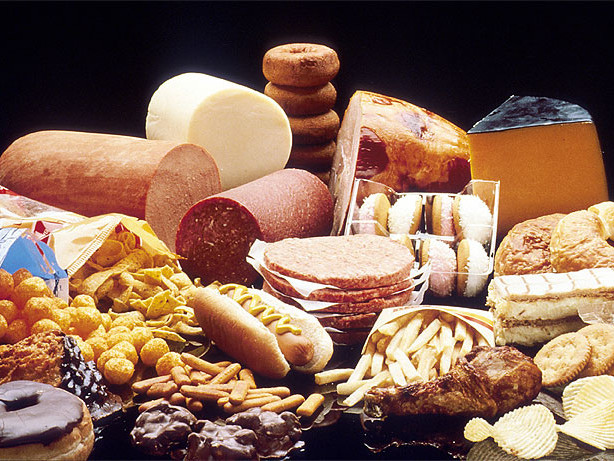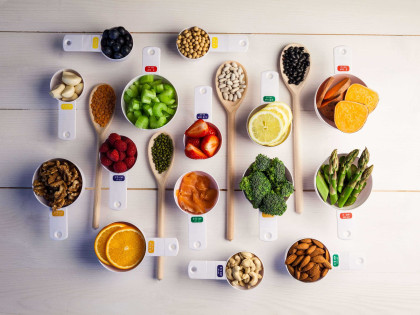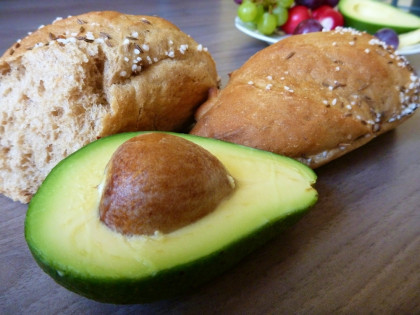In short –Yes, research has shown too much saturated fat can increase risk of heart disease. The Australian Diet recommendations suggest limiting saturated fat intake (i.e., butter, creams, coconut oil) and replacing with the healthier monounsaturated and polyunsaturated fats (i.e., oils, spreads, avocados). It is recommended to have less than 10% of total energy coming from saturated fat.
The Heart foundation have created 6 tips for eating less saturated fat:
- Eat less bought cakes, biscuits and pastries. Also limit takeaway food like hamburgers, pizza and hot chips. These foods, as a whole group, are the leading contributors to saturated and trans fat intake. They should only be eaten sometimes and in small amounts.
- On packaged food products in the supermarket, check the ingredients list for ‘hydrogenated oils’ or ‘partially hydrogenated vegetable oils’ and avoid foods with these as they contain added trans fat.
- Trim all the fat you can see off meat, and remove skin from chicken and avoid processed meat (e.g. sausages and salami).
- Choose reduced fat milk, cheese and yoghurt as a strategy to lower saturated and trans fat as part of a healthy eating pattern.
- 50% of the fat content in butter is saturated fat. Swap butter for a margarine spread made from canola, sunflower, olive or dairy blends. If you don’t like margarine, use nut butters, avocado or tahini as a spread.
- Eat fish instead of meat 2–3 times a week, and choose legume or bean-based meals twice a week.
For more info on saturated fats check this out: https://theconversation.com/health-check-are-saturated-fats-good-or-bad-21524.













